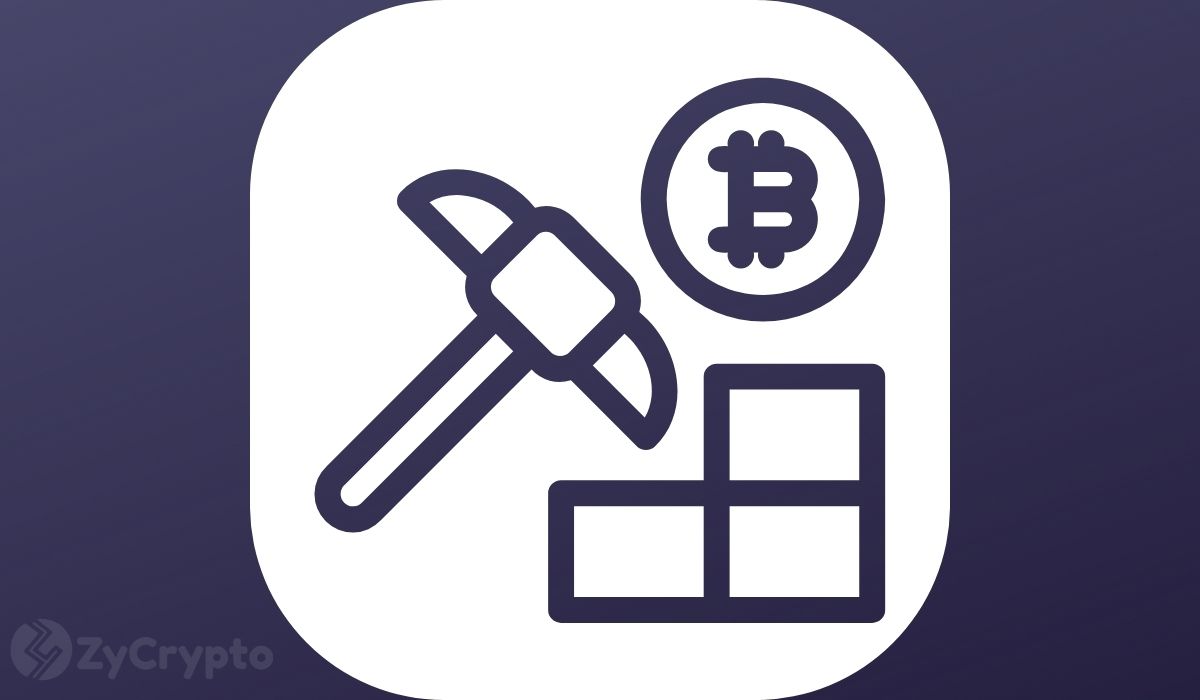Ex-German Finance Minister Considers Bitcoin in State Reserves and Private Pensions
Christian Lindner, FDP leader and former Finance Minister, supports discussing Bitcoin’s role in Germany’s state reserves and sees it as a complementary asset in diversified retirement portfolios.
Christian Lindner, the leader of the Free Democratic Party (FDP) in Germany and a former Finance Minister, has expressed his support for including Bitcoin in the country’s state reserves. Lindner believes that Bitcoin can serve as a valuable complement to traditional assets such as gold and foreign currencies. In addition to its potential role in state reserves, Lindner also sees Bitcoin as a promising investment for private pension funds.
As the popularity of Bitcoin continues to grow and its acceptance as a legitimate asset class deepens, more institutions are considering adding it to their portfolios. Lindner’s endorsement of Bitcoin for state reserves and private pensions reflects a broader trend of increasing institutional adoption of the cryptocurrency.
How Will This Affect Me?
If Germany decides to include Bitcoin in its state reserves and private pension funds, it could have several implications for individual investors. Firstly, it could signal a greater acceptance of Bitcoin as a mainstream asset, potentially leading to increased demand and price appreciation. This could benefit existing Bitcoin holders and attract new investors looking to diversify their portfolios.
On the other hand, there could also be risks involved in investing in Bitcoin, as the cryptocurrency market is known for its volatility. Investors should carefully consider their risk tolerance and investment goals before adding Bitcoin to their portfolios.
How Will This Affect the World?
The decision by a major economy like Germany to consider Bitcoin for its state reserves and pension funds could have far-reaching effects on the global cryptocurrency market. It could lead to increased interest from other countries and institutions looking to follow Germany’s lead and incorporate Bitcoin into their financial strategies.
This could further legitimize Bitcoin as a viable asset class and help solidify its position in the mainstream financial system. However, it could also attract regulatory scrutiny and oversight, as policymakers grapple with the implications of integrating a decentralized digital currency into traditional financial structures.
Conclusion
Christian Lindner’s support for discussing Bitcoin’s role in Germany’s state reserves and private pensions underscores the growing acceptance of the cryptocurrency as a legitimate asset class. While this development could have significant implications for individual investors and the global financial system, it also brings with it risks and challenges that must be carefully considered. As Bitcoin continues to gain traction in institutional circles, it will be interesting to see how its role in traditional financial institutions evolves in the years to come.





